Optimal Timing for Waterproofing Applications
Waterproofing is a critical process to prevent water intrusion and protect structures from moisture damage. The timing of waterproofing applications can significantly influence their effectiveness and longevity. Proper planning ensures optimal adhesion, curing, and performance of waterproofing materials, reducing the risk of future issues.
Spring offers moderate temperatures and less rain, making it ideal for waterproofing projects. It allows sufficient curing time before the heavy rains of summer.
Early summer can be suitable if temperatures are stable. Avoid peak heat times to prevent rapid drying, which can compromise waterproofing layers.
Fall provides cooler temperatures and less humidity, facilitating proper curing. It is often preferred before winter weather sets in.
Winter is generally not recommended due to freezing temperatures and snow, which hinder proper application and curing of waterproofing materials.
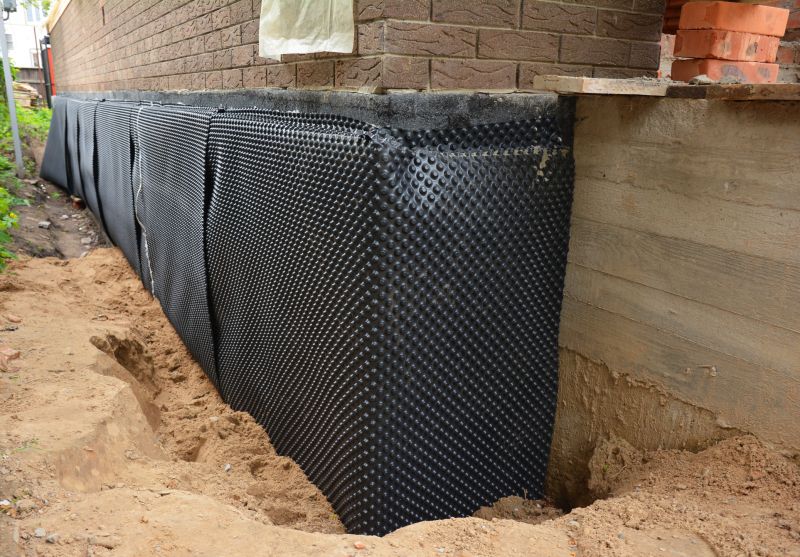
Ways to make Waterproofings work in tight or awkward layouts.
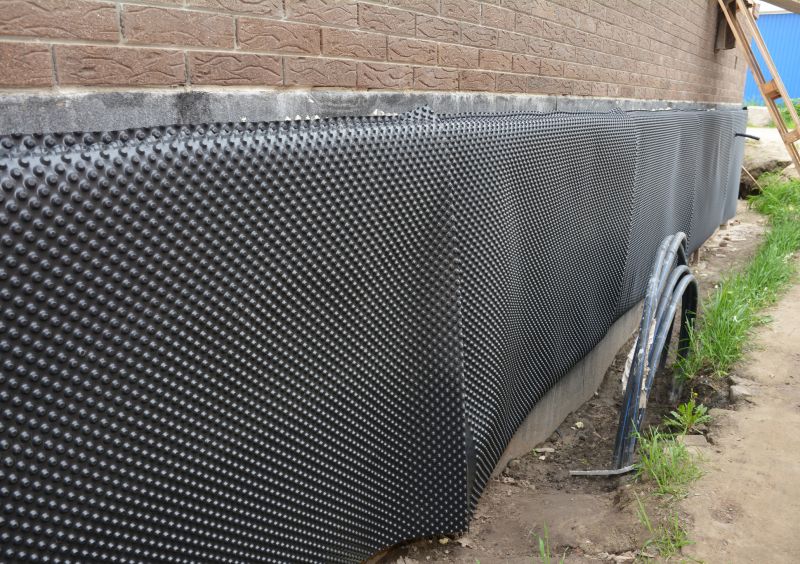
Popular materials for Waterproofings and why they hold up over time.
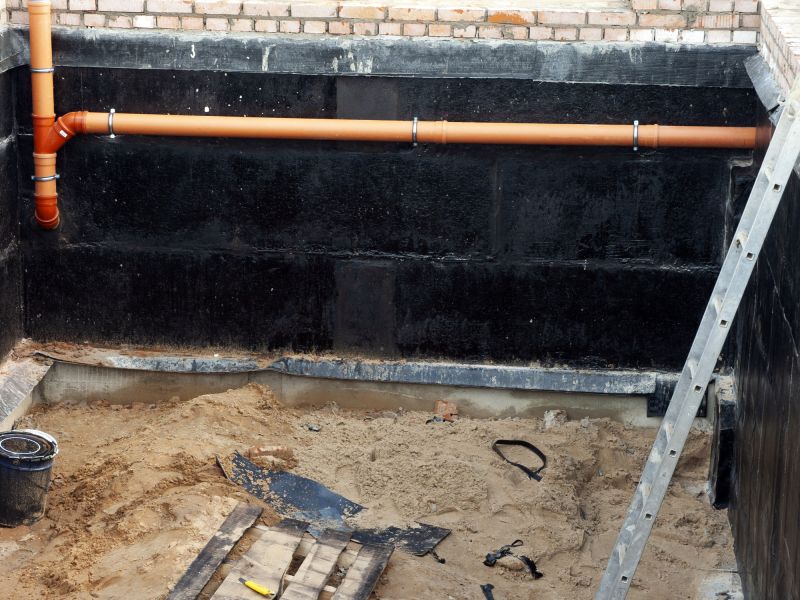
Simple add-ons that improve Waterproofings without blowing the budget.
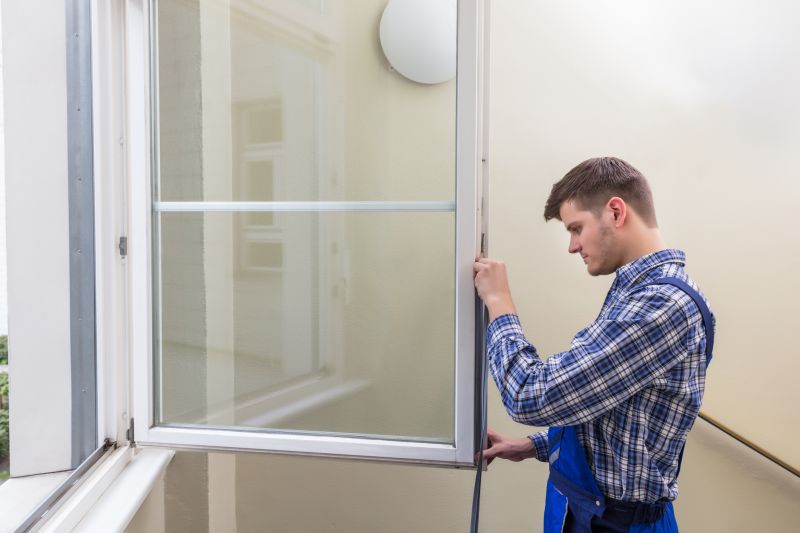
High-end options that actually feel worth it for Waterproofings.
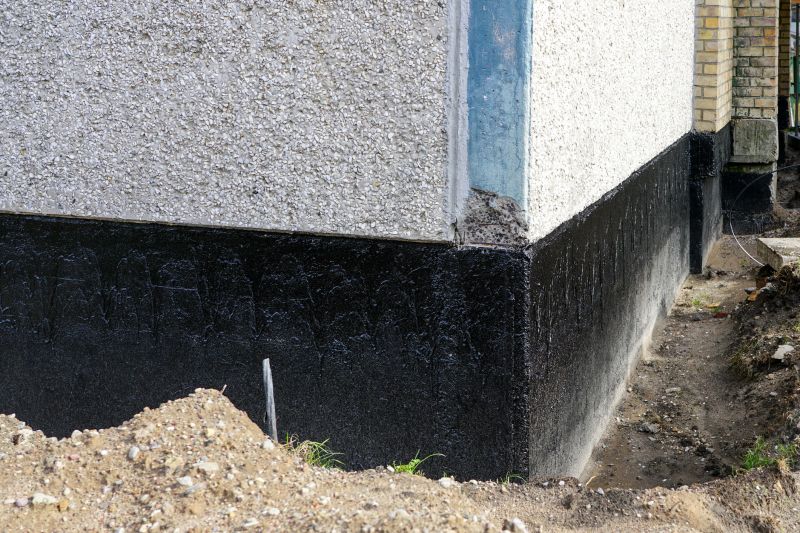
Finishes and colors that play nicely with Waterproofings.
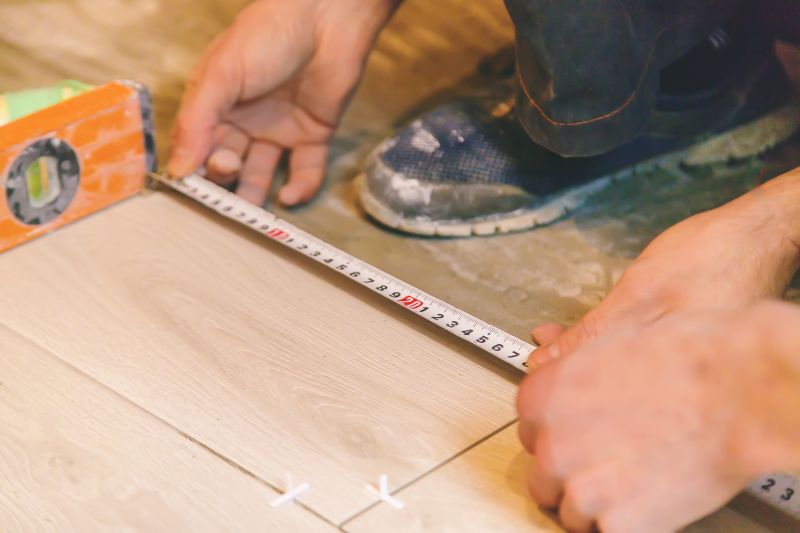
Little measurements that prevent headaches on Waterproofings day.
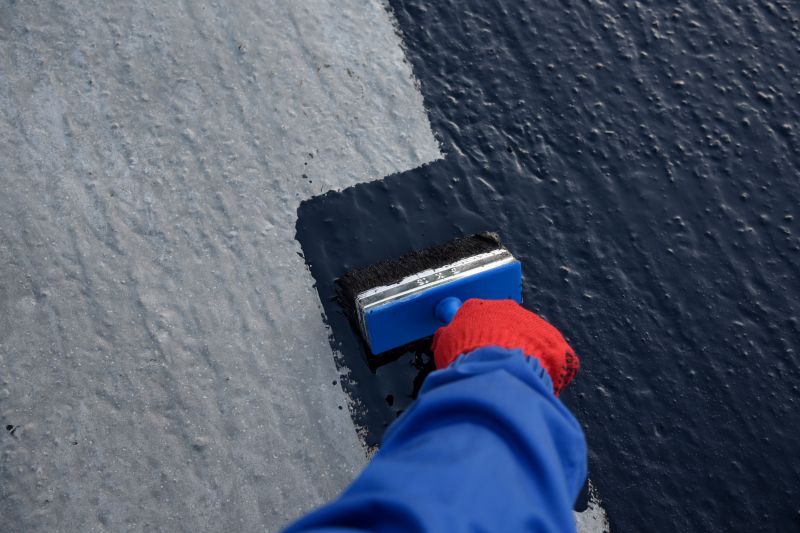
A 60-second routine that keeps Waterproofings looking new.
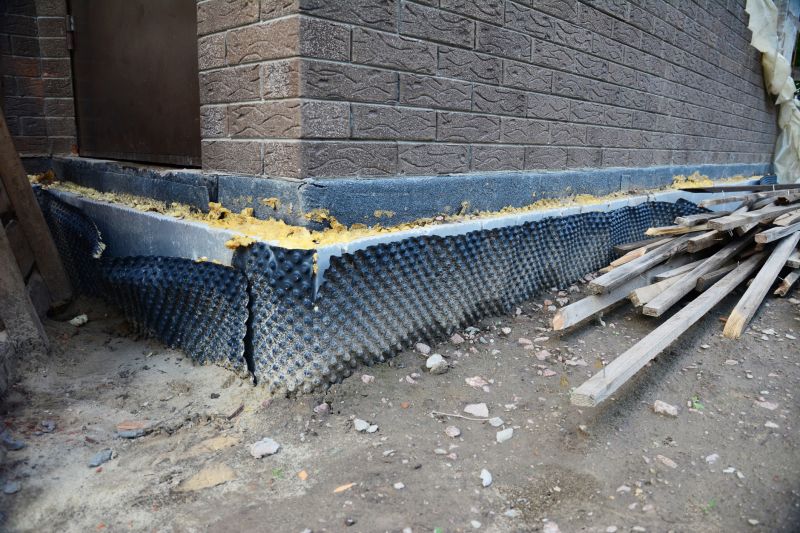
A frequent mistake in Waterproofings and how to dodge it.
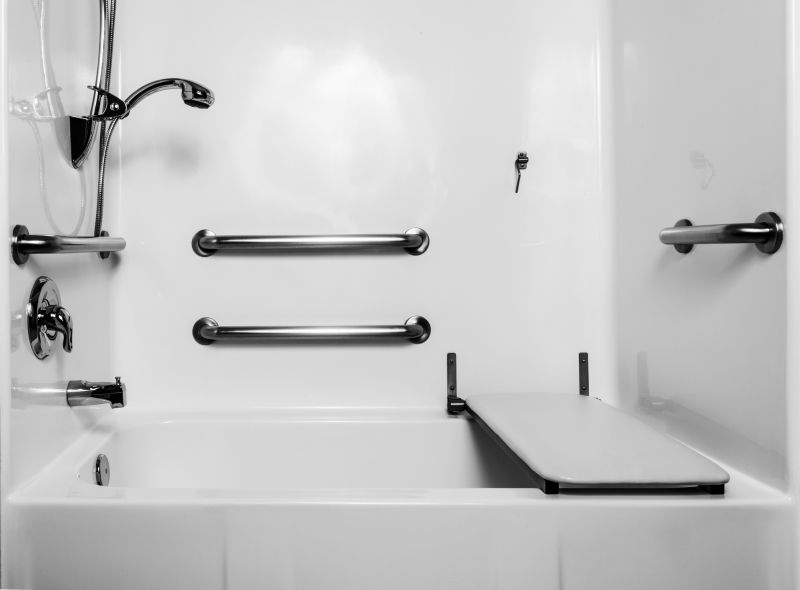
Small tweaks to make Waterproofings safer and easier to use.
| Season | Recommended Timing |
|---|---|
| Spring | Optimal for moderate temperatures and dry conditions. |
| Summer | Suitable in early summer with stable weather, avoid peak heat. |
| Fall | Ideal before winter, with cooler temperatures and less humidity. |
| Winter | Generally not recommended due to freezing and snow. |
Waterproofings involve applying specialized materials to prevent water penetration in structures such as foundations, roofs, and walls. Proper application during the right season ensures maximum adhesion and durability. Advances in waterproofing technology have led to materials that perform well across various conditions, but timing remains a key factor in achieving long-lasting results.
Statistics indicate that waterproofing failures often occur due to improper timing or application during unsuitable weather conditions. Ensuring the application occurs during periods of stable, dry weather can significantly extend the lifespan of waterproofing systems, reducing costly repairs and structural damage.
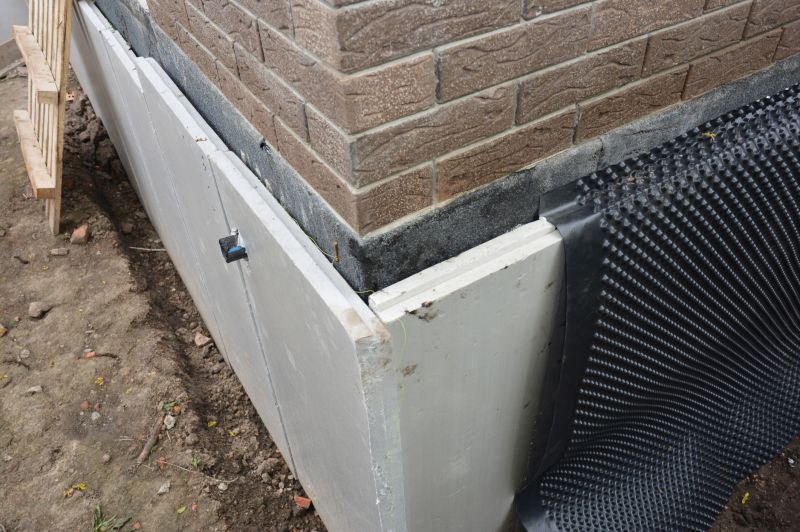
Lower-waste or water-saving choices for Waterproofings.
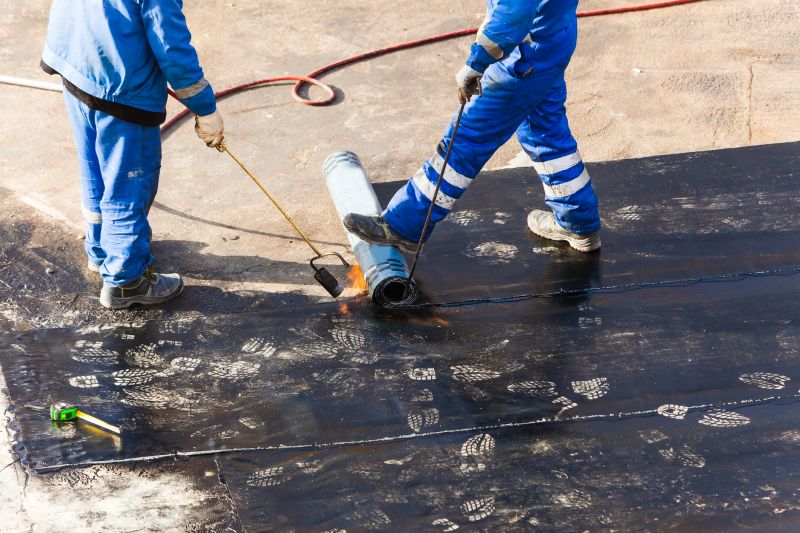
The short, realistic tool list for quality Waterproofings.
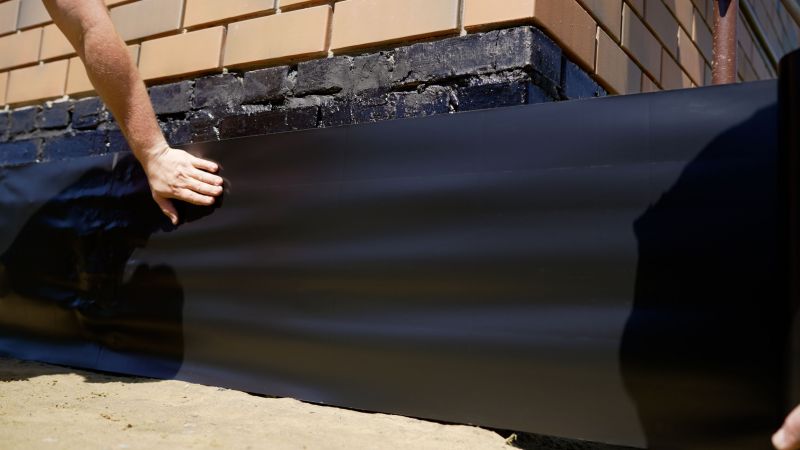
Rough timing from prep to clean-up for Waterproofings.
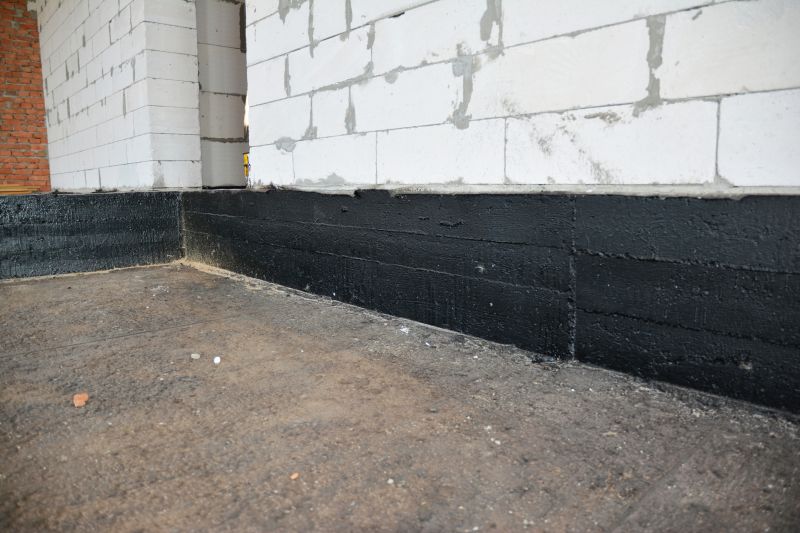
Quick checks and paperwork to keep after Waterproofings.
Interested parties are encouraged to contact for more information or to schedule an assessment. Proper timing and application of waterproofing can protect structures from water damage and preserve their integrity over time.


